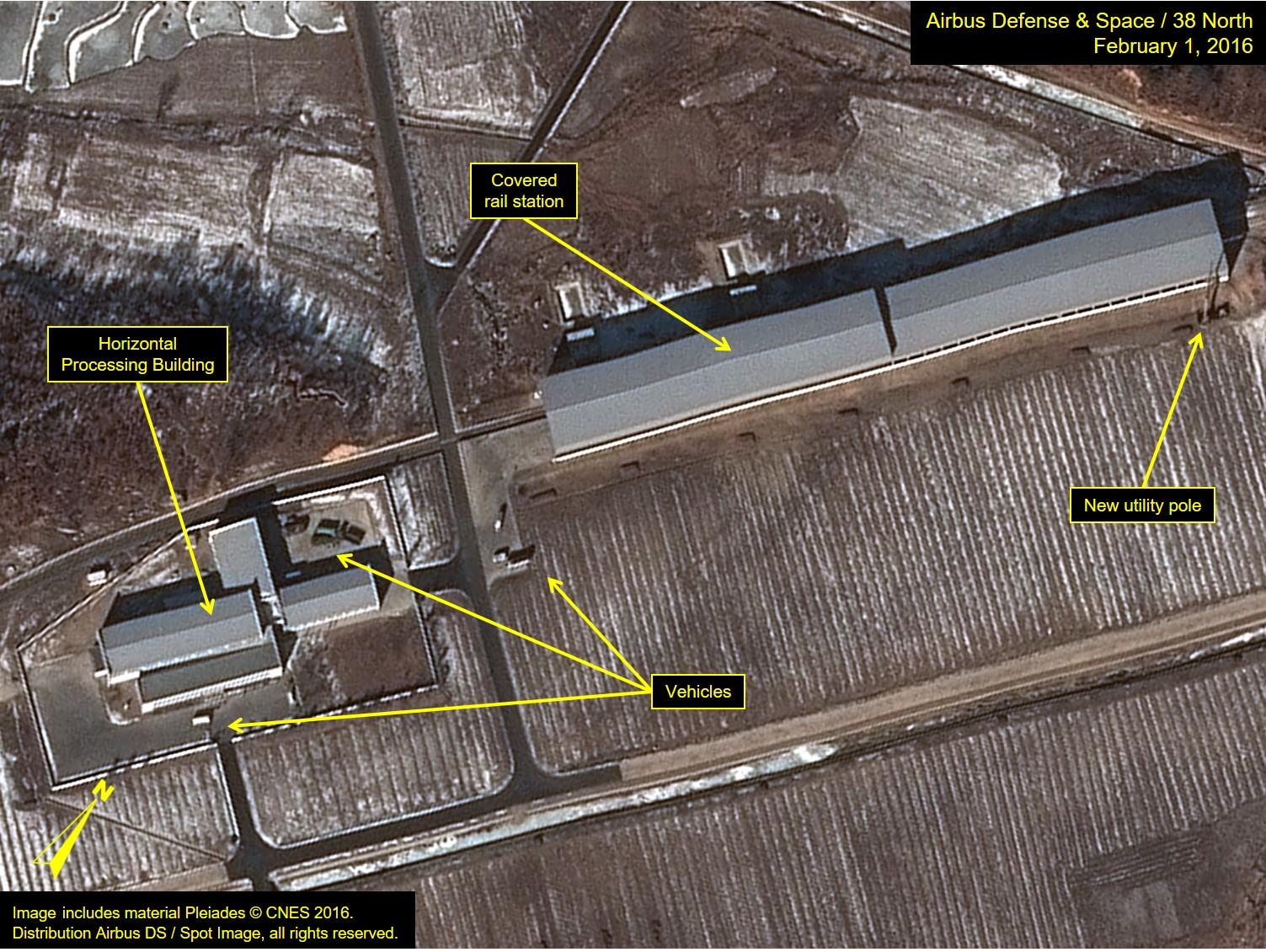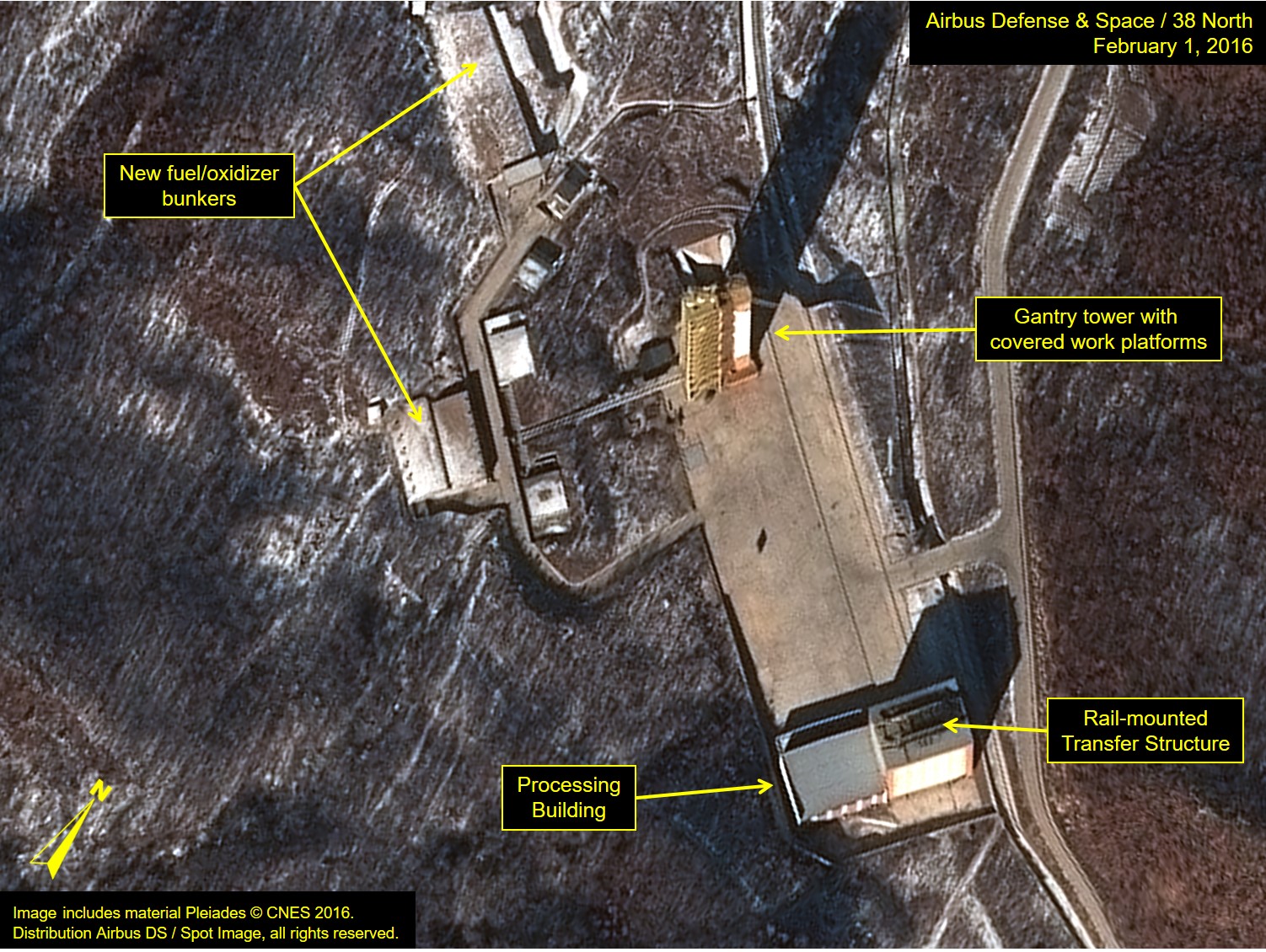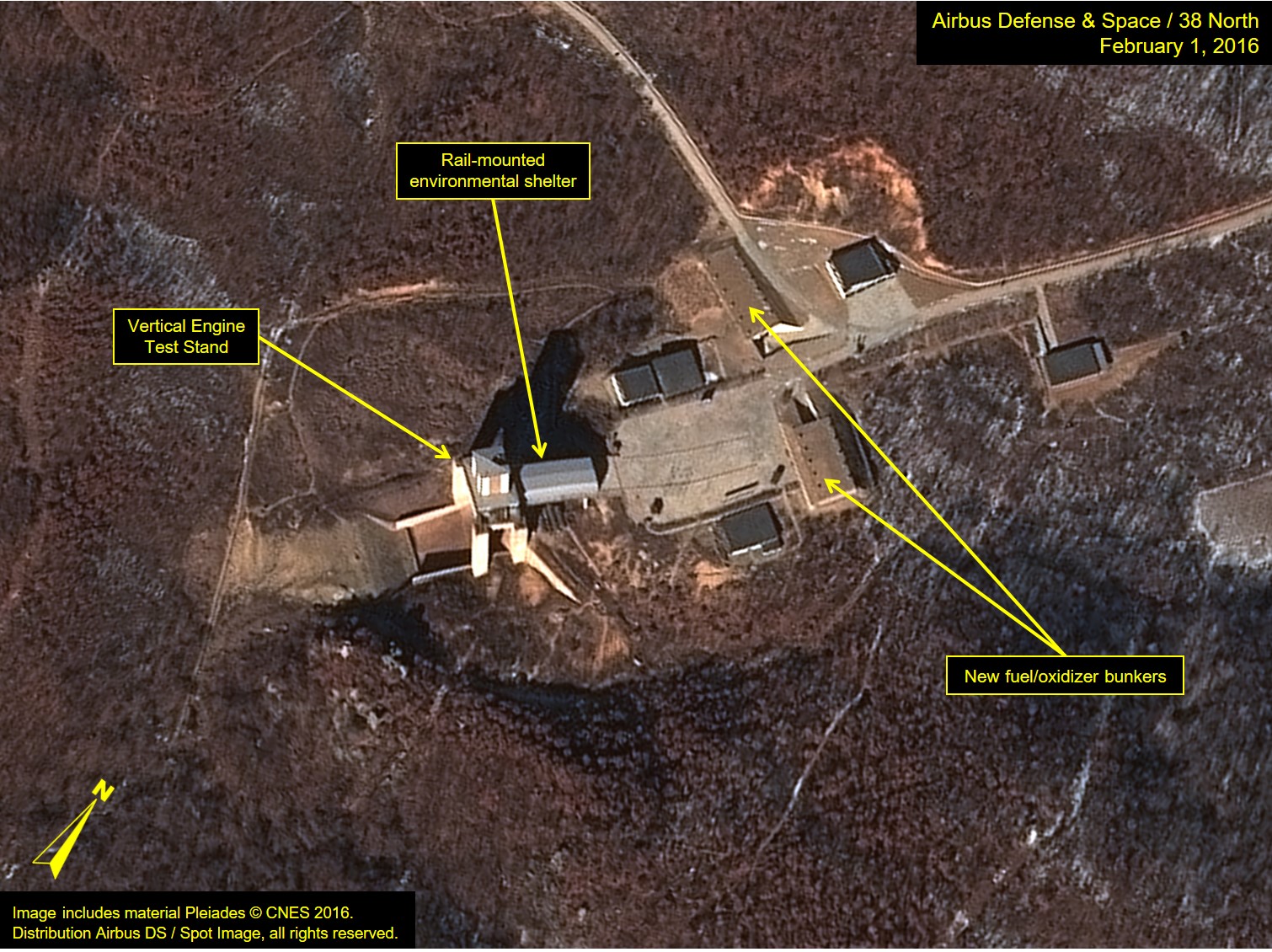Federal Prisons Using Groups With Terror Ties To Vet Islamic Chaplains
DailyCaller: As Fox News and other news organizations have reported, America’s federal prisons are a “breeding ground” for potential Islamic terrorists — and have been so for years. Despite this disturbing trend, the Obama administration has enlisted Islamic organizations with known terror ties to review and endorse chaplains to work in federal prisons.
In response to an inquiry from Republican Iowa Sen. Chuck Grassley, the Federal Bureau of Prisons provided a list of Islamic Chaplaincy Endorsers, which Grassley has since posted online. Included on the list is the Islamic Society of North America (ISNA), which has long-standing ties with the Muslim Brotherhood and was named by the Justice Department as an unindicted co-conspirator in the Holy Land Foundation terror financing case.
In an open letter to the director of the Bureau of Prisons Thomas Kane, Grassley pointed out that “A 2009 federal district court ruling concluded that ample evidence exists showing the Islamic Society of North America’s ties to Hamas, which is designated by the State Department as a terrorist organization.”
Writing about ISNA, Grassley noted: “It appears, therefore, that the BOP is relying on an organization with associations to terrorist organizations and one that the DOJ named as an unindicted co-conspirator in a terrorist financing case to confirm credentials of those attempting to provide religious services to federal inmates. If accurate, this information is deeply troubling.”
And ISNA isn’t even the only organization with radical ties on the list of chaplaincy endorsers. The Islamic Education Center, located in Walnut, Calif., also has ties to terror organizations through its founder, Dr. Ahmad H. Sakr.
In addition to founding the Islamic Education Center, Sakr — originally from Lebanon — was a founding member of both ISNA and the World Council of Mosques, the latter of which has “a long history of providing financial support to terrorist groups,” according to the Anti-Defamation League. Sakr, who passed away just a few months ago, is listed as the contact person on the BOP’s list of chaplaincy endorsers.
“It is imperative that the BOP take every measure possible to ensure the safety of its personnel within federal prisons and take all reasonable measures to ensure that Islamic extremism is stopped at the gates of each prison,” Grassley noted in his letter to Director Kane. “Currently, it is not clear whether the BOP is doing so.”
As a result of the apparent shortcomings, Grassley is asking the Bureau of Prisons to provide further information about “the process by which someone becomes a religious endorsing organization,” in addition to an explanation for why the BOP chose ISNA as a chaplaincy endorser.
Grassley is also seeking the number of currently employed religious contractors from the 2014-15 year with still incomplete background checks.
According to a 2013 article from the Huffington Post, anywhere between 35,000-40,000 inmates convert to Islam every year, presumably with the assistance of the chaplains provided by the prisons. In a 2014 op-ed in The Daily Caller, author Joy Brighton argued that the nation’s prisons have been churning out thousands of radicalized inmates every year. Brighton’s calls were echoed in a Fox News article just last month that cited experts on the subject who called federal prisons a “breeding ground” for potential terrorists.
***
In 2003 for the Inspector General: On March 10, 2003, Senator Charles Schumer wrote a letter to the OIG requesting that we examine the BOP’s process for selecting Muslim chaplains based on concerns that the BOP relies solely on two Islamic groups to endorse its Muslim chaplains, the Islamic Society of North America (ISNA) and the Graduate School of Islamic and Social Sciences (GSISS). Schumer noted that the ISNA and the GSISS allegedly are connected to terrorism and promote Wahhabism, which some consider an exclusionary and extreme form of Islam. In addition to Senator Schumer, Senators Jon Kyl and Dianne Feinstein expressed similar concerns and asked the OIG to examine these issues as they relate to the BOP.
In response to these requests, we reviewed the recruitment, endorsement, selection, and supervision of Muslim chaplains and other Muslim religious services providers who work with BOP inmates. We also examined the roles the ISNA, the GSISS, and other organizations have in the endorsement of chaplain candidates.
During this review, the OIG interviewed the BOP’s ten Muslim chaplains, the BOP detailee to the Federal Bureau of Investigation’s (FBI) National Joint Terrorism Task Force (NJTTF), and officials at BOP Headquarters who are responsible for religious services providers, including the Chief of the Chaplaincy Services Branch and the Senior Deputy Assistant Director (SDAD) of the Correctional Programs Division. We also interviewed FBI counterterrorism officials and representatives of the U.S. Commission on International Religious Freedom at the U.S. Department of State (Commission). Full report here.
From GatesStone: The number of Muslim prisoners in Britain has doubled in the last decade to nearly 12,000. Many of these prisoners, the media reports, are at “significant risk” of radicalization. The solution, authorities claim, lies with the Islamic prison chaplains. Or are they, in fact, part of the problem? Where do these chaplains come from? What sort of Islam are they espousing?
On May 12, the BBC broadcast its own investigation into the radicalization of prison inmates. The documentary featured interviews with former inmates such as Michael Coe, who “went into prison as a gangster and left as Mikaeel Ibrahim, a convert to Islam.” Coe attributes his conversion to his friendship in jail with al-Qaeda terrorist Dhiren Barot, jailed for life by a British court in 2004 for plotting to blow up limousines by packing them with gas canisters. Full article here.
For more facts on the matter: Why Extremist Chaplains Have Access to U.S. Prisons





